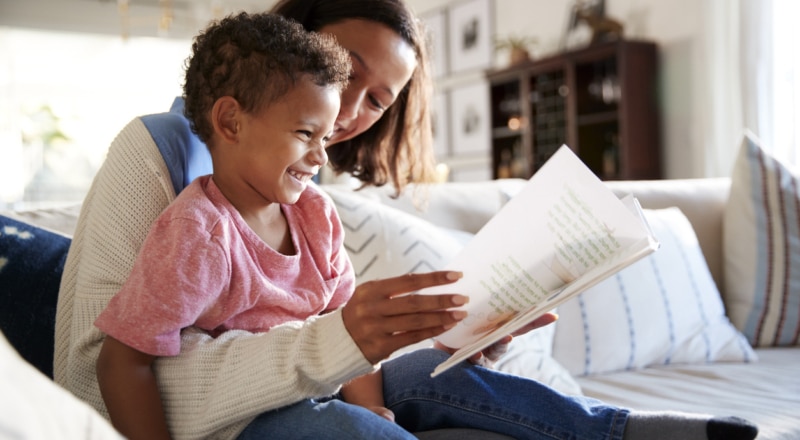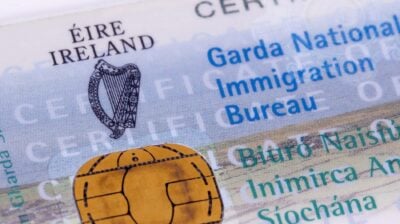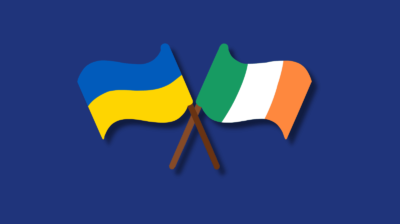Supports for young parents in Ireland
Learn more about your rights as a young parent in Ireland


This factsheet is an extract from the publication Know Your Rights: The Rights of Children and Young People published by the Children’s Rights Alliance. It is reproduced here with their kind permission. Know Your Rights is a public information project designed to inform everyone, in plain language, of the rights and entitlements children have in Ireland and where to go when they are not respected.
If you are a young parent in Ireland, there are many organisations that can provide you with information and support. Visit our Parenting section to learn more about the supports available to you as well as information about becoming a parent.
What supports are there if I am having a baby before I am 18?
If you are under 18 and having a baby, you can contact the organisations below.
- • The Teen Parent Support Programme
- • Treoir
- • One Family
Can I go to school after my child is born?
Yes, by law, you must be in school until you are 16 years of age. You may miss some time at school during your pregnancy or after your baby is born so it is a good idea to talk to a teacher or the school principal about making up for lost time. Otherwise you can join the Home Tuition Scheme which lets you learn from home.
If you are due to have your baby around the time of your Junior Certificate or Leaving Certificate exams, you should ask your school to make arrangements for you to do your exams separately and in more comfort.
How will I pay for all the things my baby needs?
There are a range of supports available to you from the Department of Employment Affairs and Social Protection including Child Benefit payments to help you pay for the baby’s needs. Your parent or guardian may be able to help you apply for these payments. You could also contact the Department or your local Citizens Information Centre yourself.
See the Treoir website, or Department of Employment Affairs and Social Protection website for further information.
Do I have guardianship rights as an unmarried mother?
Yes. You are automatically the child’s legal guardian from birth and have full custody of your child.
Do I have to register the name of my child’s father at birth?
You must register the birth of your child within three months of the birth. You do not currently have to record the details of the child’s father if you are single. A new law will change this rule soon, but at the time of going to print the procedures for this have not been finalised.
Many people assume that having the father’s name on the child’s birth certificate gives the father legal guardianship rights – but this is not correct. If there is no father’s name on the birth certificate it does not affect a single mother’s entitlement to One-Parent Family Payment.
You can find out more about registering the baby’s birth from the General Registrar’s Office on 1890 25 20 76. There is more information on the Citizen’s Information website.
Do I have rights as a single father?
You have no automatic rights if you are an unmarried father. However, if you have been living with the mother of your child for 12 months after the 18 January 2016 including at least three months after your child’s birth, you are entitled to automatic guardianship.
How can I apply for guardianship?
If you do not qualify for automatic guardianship, you can apply for guardianship if the mother agrees. You do this by signing a guardianship form in front of a peace commissioner or commissioner for oaths. If the mother does not agree, you can apply for guardianship through the local district courts. The court may refuse to appoint a father as a guardian if it believed this would not be best for the child. If the biological father and mother marry, the father will automatically become the child’s guardian.
You can get information on how to apply for guardianship, seek custody of your child or get access rights from Treoir. You may also need to get legal advice. You can find out how to get civil legal aid by visiting the Legal Aid Board website.
Visit our Parenting section for more advice for young parents.
Need more information?
We are here to answer your questions and talk through your options. Our online chat service is for 16 to 25 year olds and is available Monday to Friday, 4pm to 8pm. Chat to us now about your situation.
- Chat now to a trained Youth Information Officer
- Or leave us a message and we will email you back






